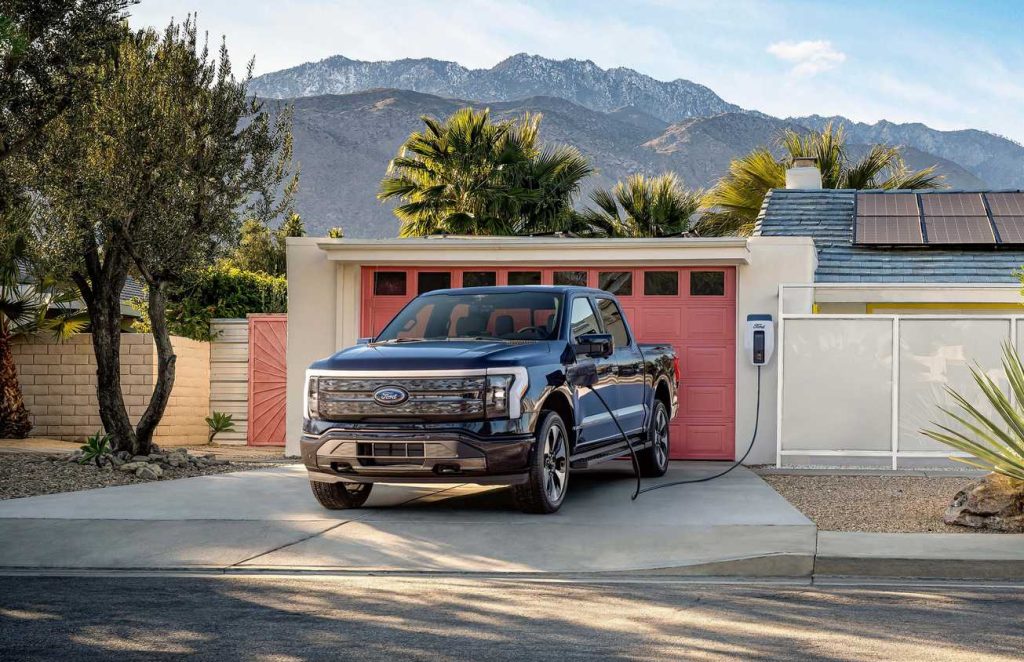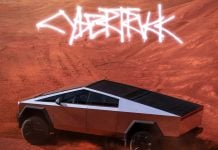In a recent interview with CNBC, Ford Motor Company CEO Jim Farley made headlines by dismissing Tesla‘s highly anticipated electric pickup, the Cybertruck. Farley argued that the Cybertruck was designed solely for “Silicon Valley people” rather than individuals who engage in practical activities. He confidently stated that Tesla’s pickup could not compete with Ford’s electric F-150 Lightning, which has already gained traction in the market.
The Tesla Cybertruck is priced $10,000 lower than the F-150 Lightning 2023
While the Cybertruck has faced multiple delays, Ford has been actively producing and delivering electric F-150 pickups. With over 13,000 electric F-150 pickups delivered last year, Ford is determined to meet the demands of approximately 200,000 pre-orders. Although Tesla dominates the overall electric vehicle market in the United States, the electric pickup truck segment remains an area where Ford trumps over Tesla.

Farley expressed his perspective during the interview, suggesting that Americans tend to favor market leaders. He emphasized Ford’s position as the market leader in electric pickups and vans, asserting their deep understanding of their customer base. In response to Tesla CEO Elon Musk’s vision for the Cybertruck, Farley stated, “If he wants to design a Cybertruck for the people of Silicon Valley, so let him do it.” Farley further talked about Ford’s approach, highlighting that their vehicles are tailored to more practical individuals.
While the official price of the Cybertruck is yet to be announced by Tesla, industry estimates suggest a starting price of around $50,000, which is approximately $10,000 lower than the F-150 Lightning launched by Ford in 2023. Despite repeated delays in the Cybertruck’s delivery timeline, Elon Musk has reiterated Tesla’s commitment to delivering the vehicle by the end of this year.
Interestingly, Ford recently announced plans to adopt Tesla’s charging standard and leverage the Supercharger network. Farley expressed enthusiasm about this partnership, talking about its benefits for users. This collaboration not only highlights the potential for cooperation between rival automakers but also reflects the industry’s commitment to enhancing the charging infrastructure as a whole, only to provide a boost to the popularity of electric vehicles.
RELATED:
- Ford Acknowledges China’s Significant Lead in Electric Vehicles over the United States
- BYD to Build First Sodium-Ion Battery Factory: A Move That Make EVs More Affordable
- Best Password Managers of 2023: Top 5 Picks
(Via)







